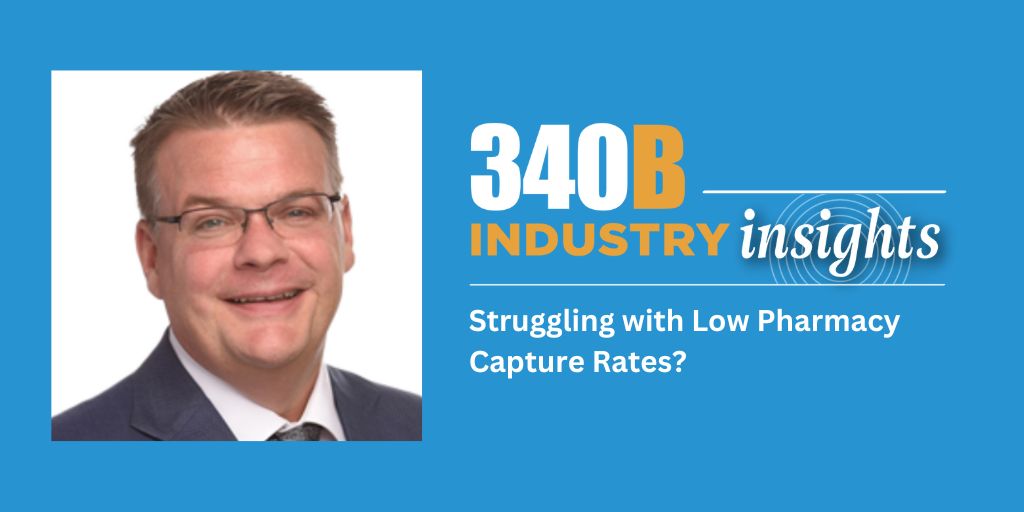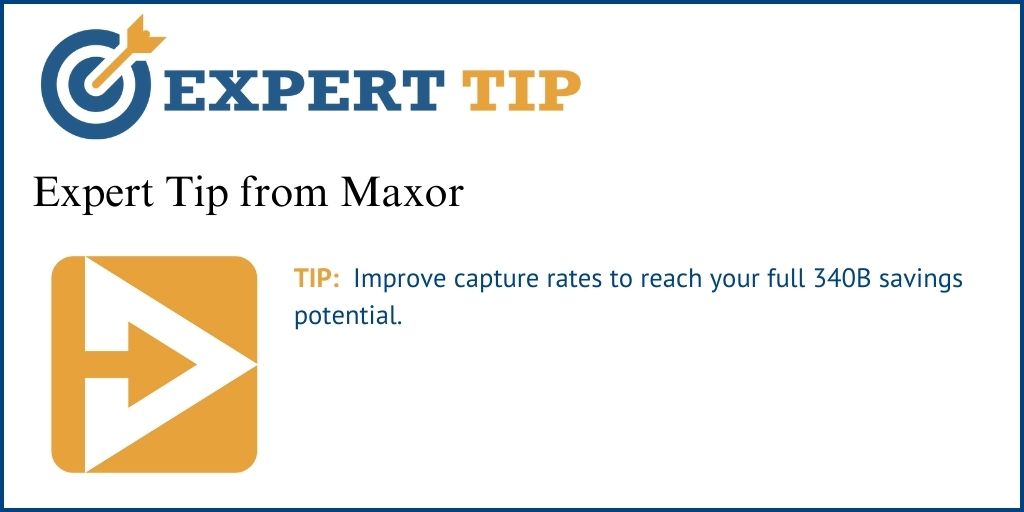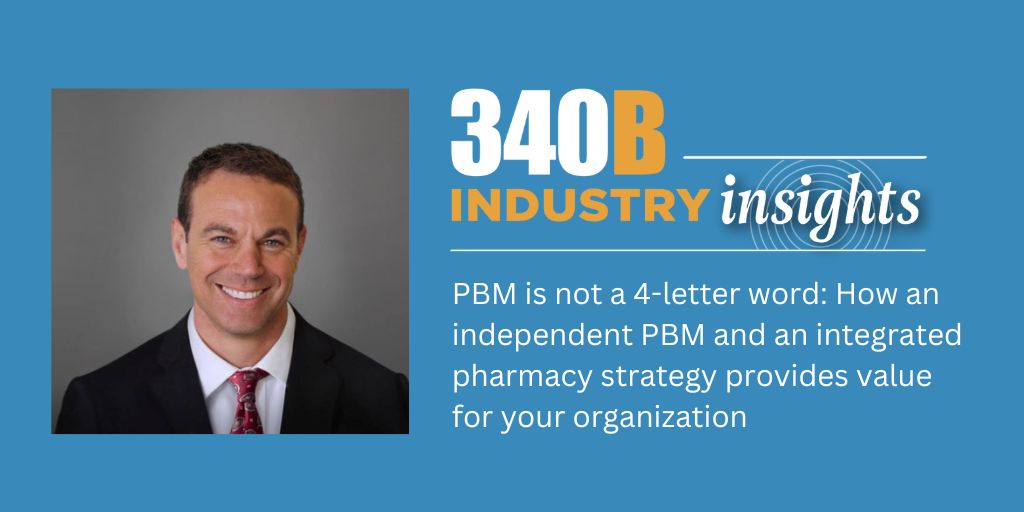SPONSORED CONTENT
The purpose of the 340B drug pricing program remains a contested question between 340B providers and some in the pharmaceutical industry. In addition, there are questions regarding 340B’s scope including the contract pharmacy program and the definition of patient. Courts
…










